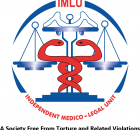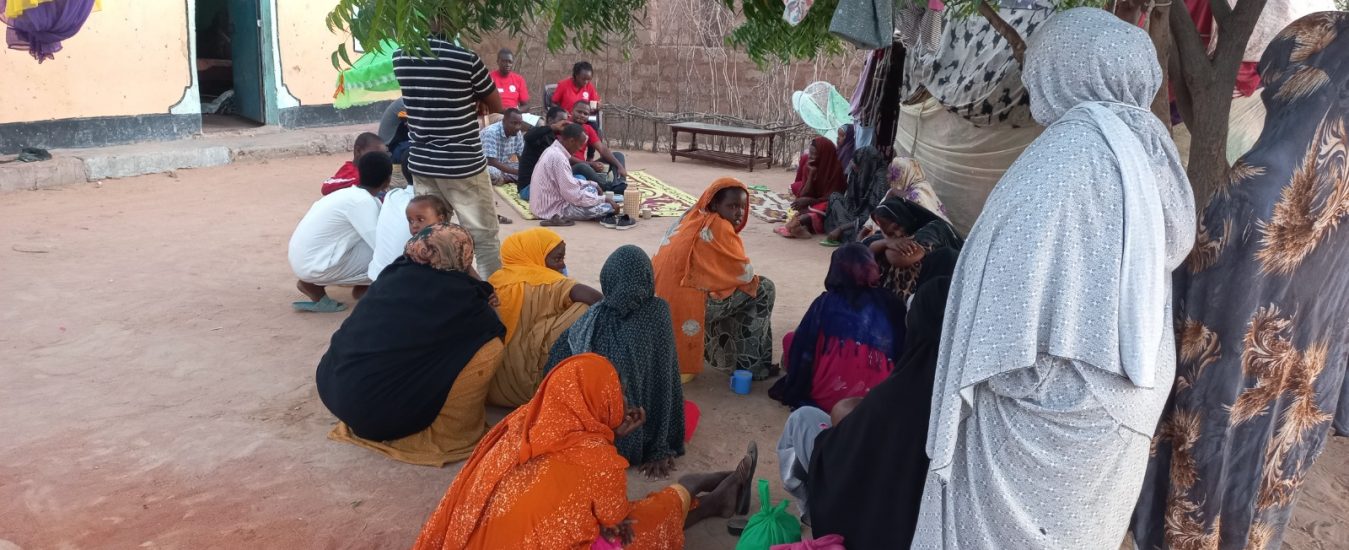By William Omondi
This year’s mental health month is themed “Violence and Mental Health.” Ideally and in reality, violence and mental health are nemeses. The presence of violence in the environment implies a negative impact on the mental health of status humanity. Conversely, the absence of violence in any society means the enhancement of mental health. The socio-economic and political development of humanity is equally pegged on the absence or presence of violence and the stability of mental health. People that are given to violence are deprived of the sound mental health to influence any form of sustainable development. As the former UN Secretary-General, Koffi Anan aptly put it “there is no peace without development, there is no development without peace, there is no peace and development without human rights.” The principles of mental health and human rights are therefore intertwined to the infinite. Living in an environment in which people are mentally healthy is a fundamental human right that leads to sustainable peace and development.
Cognizant of the above facts, the World Health Organization (WHO) defines Mental Health as a state of well-being in which the individual realizes her or his potential/abilities, can cope with the normal stresses of life, work productively and fruitfully and can contribute to her or his community. It is therefore sufficient to say that any society’s socio-economic development is founded on its people’s mental health and wellbeing. Such a society particularly attains social cohesion and is less predisposed to violence. Most of its inhabitants lead healthier lifestyles; have stable physical health; have positive attitudes towards life; are conscious about their rights; are less vulnerable to manipulation by those in power; and are innovative and productive. Conversely, a populace in which mental health and well-being are at their nadir is less cohesive and is predisposed to violence. Most of its residents are vulnerable to unhealthy lifestyles; have poor physical health; are prone to negative attitudes towards life; are less innovative and unproductive; and are susceptible to manipulation by leaders.
Given the ongoing socio-political and economic challenges that populations are facing across the globe, mental health has become an issue of global concern. In Europe, Russia’s military occupation of Ukraine since 2022 continues. The unending crisis in the Middle East between the Israeli and the Palestinians becomes more complex by the day. The war between two military factions in Sudan is threatening to spill over to the entire horn of Africa even before the wounds caused by the previous conflicts in Ethiopia and South Sudan heal. The Asians are still grappling with the crisis affecting refugees from the Rohingya minority Muslim ethnic group since they were displaced from Myanmar in 2017. In Kenya, there is no end in sight to the bickering between the government and the opposition over the recently concluded presidential elections of December 2022. Street protests and police brutality have been the order of the day. The above crises point to res
tive populations whose daily lives are affected by physical injuries, economic crises, uprooting from their habitats and hunger.
Beneath this untold suffering, are vulnerable members of society that include women, children, Persons with Disability and minority groups. Their mental health status is muddled in the miasma of consistent sounds of gunfire and aerial bombardment. Some are subjected to torture inhuman and degrading treatment by the very authorities that are supposed to protect them. Most of them have lost loved ones and property; as their dreams and ambitions of socio-economic and political progress have been shattered.
Amidst the crises, vulnerable groups are saddled with the psychological disturbances of loss and grief, trauma, depression, anxiety and inability to function fully in their respective societies. They need comprehensive interventions that will restore their dignity as human beings. Stakeholders should be intentional in transforming mental health systems in conflict-prone areas, streamlining mental health and psychosocial support emergency-response systems, reinforcing primary mental health service provision, and expanding community-based mental health services. The programs should also integrate socio-economic empowerment along with medical and legal interventions as means of attaining justice and human rights for survivors.

